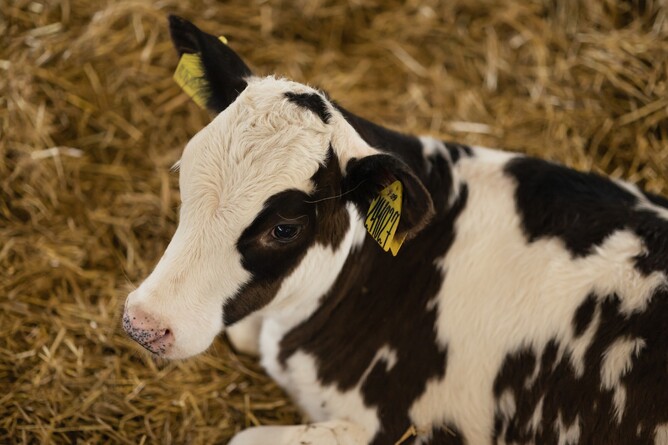Just like that we are well into calving and calf rearing for this season! And where there’s calves, there’s the possibility of calf scours.
When you notice a calf with scours, alongside their diarrhoea you may also see other signs of sickness, such as:
Not drinking/feeding well
Isolating themselves from the group
Lethargy, including not getting up from lying down
Sunken or dull eyes
Drooping ears
Gunky nose or eyes
Skin tent (dehydrated)
A high temperature.
There are lots of different causes of scours – and you can’t tell which one you are dealing with from the appearance of the poo! The types include:
Nutritional (caused by colostrum/milk quality, under or over-feeding, etc.)
Viral (caused by Rotavirus, Coronavirus, etc)
Bacterial (caused by Salmonella, E. Coli, Campylobacter, etc.)
Parasitic (caused by Coccidia, Cryptosporidium, etc)
It’s best to test to find out what you’re dealing with, so you can treat and manage the case effectively – without wasting expensive products that might not work.
We have a quick, on-farm scours test available which uses a faecal sample to help determine the likely cause (or at the very least, rule out some of the common viral and bacterial causes). These tests work in tandem with discussion with your vet, who will also look at the physical symptoms of the calf/calves and your management practices, to make a diagnosis and appropriate treatment plan.
However, the thing that’s most likely to kill your scouring calf is dehydration.
Calves with diarrhoea lose a lot of fluid and electrolytes, which causes them to go downhill quickly, and can lead to death if not corrected in time.
We recommend giving them 2L of electrolytes in the morning, followed by 2L of milk at midday, and another 2L of electrolytes in the afternoon. The milk in between ensures they’re still getting the energy they need, while the electrolytes rehydrate them. Allow at least two hours between feeds of electrolytes and milk.
Be aware that many of the diseases that cause calf scours are zoonotic - which means the disease can transfer to humans. Hygiene around the calf shed, and especially sick calves, is paramount. No one wants to be treating calves with diarrhoea while they have diarrhoea themselves!

